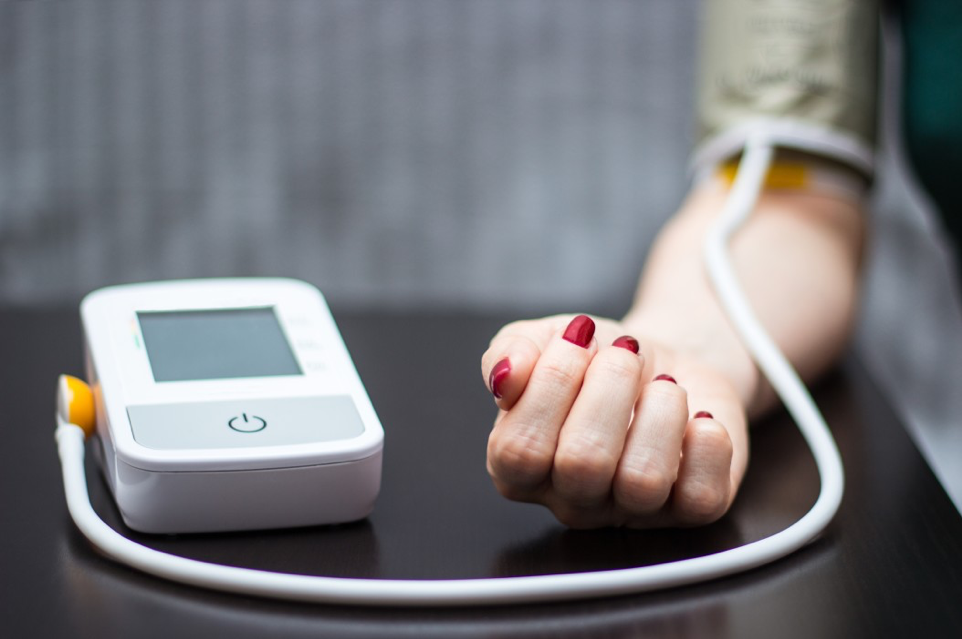Dementia is a mysterious disorder of the brain. While we don’t fully understand the causes and symptoms just yet, researchers are gaining a lot of traction on understanding what exactly leads to memory impairment in the first place. Every study that is conducted gives us another clue to understanding the journey of those in our care.
One such study recently found an important link between low blood pressure and cognitive decline. The study followed more than 24,000 subjects for around 27 years, and the findings linked low blood pressure to predicting cognitive decline, in addition to the probability of developing dementia later on. Other factors like gender, weight, age, kidney function and diabetes did not impact this link.
So, why exactly does low blood pressure play a significant role in memory impairment?
The researchers who have studied the role of blood pressure across multiple studies believe that one of the primary reasons for this link is because of the low blood flow to the brain that often happens when someone is sitting or standing. This could play a key role in not only dementia, but Alzheimer’s and Parkinson’s disease as well.
Additional studies have looked into this link further, focusing on specific factors of blood pressure. One study found that diastolic blood pressure, the “bottom” number that measures your blood pressure when your heart is relaxing, is a more effective indicator than systolic blood pressure, the “top” number used in measurement that evaluates the force of your blood when your heart is contracting. Researchers found that, as diastolic pressure decreased, cognitive function did too.
Looking into this even further, the same research team used a computer-based evaluation method to evaluate cognitive function on a scale from one to 100, with scores of 75 or higher being defined as expected cognitive function for their age group, scores between 50 and 75 falling in the below-normal range and scores below 50 indicating that the subject showed several characteristics of dementia.
The study found that low resting diastolic blood pressure was common among all 50-95 years studied, with 85 percent having below normal blood pressure. They also found that, in all participants falling below the normal diastolic range, cognitive function declined when they were upright due to the lack of blood flow to the brain. Age did not make a difference in this finding and it was consistent across all groups.
While there is still a lot of work to be done in the memory research space, we are making great strides in unlocking critical information that will allow us to empower those in our care to live healthy, happy and full lives despite continued cognitive decline.
Connecting with fellow caregivers and sharing our experiences and knowledge benefits all of us. As a first step, I invite you to learn what to it means to become Dementia Aware.


